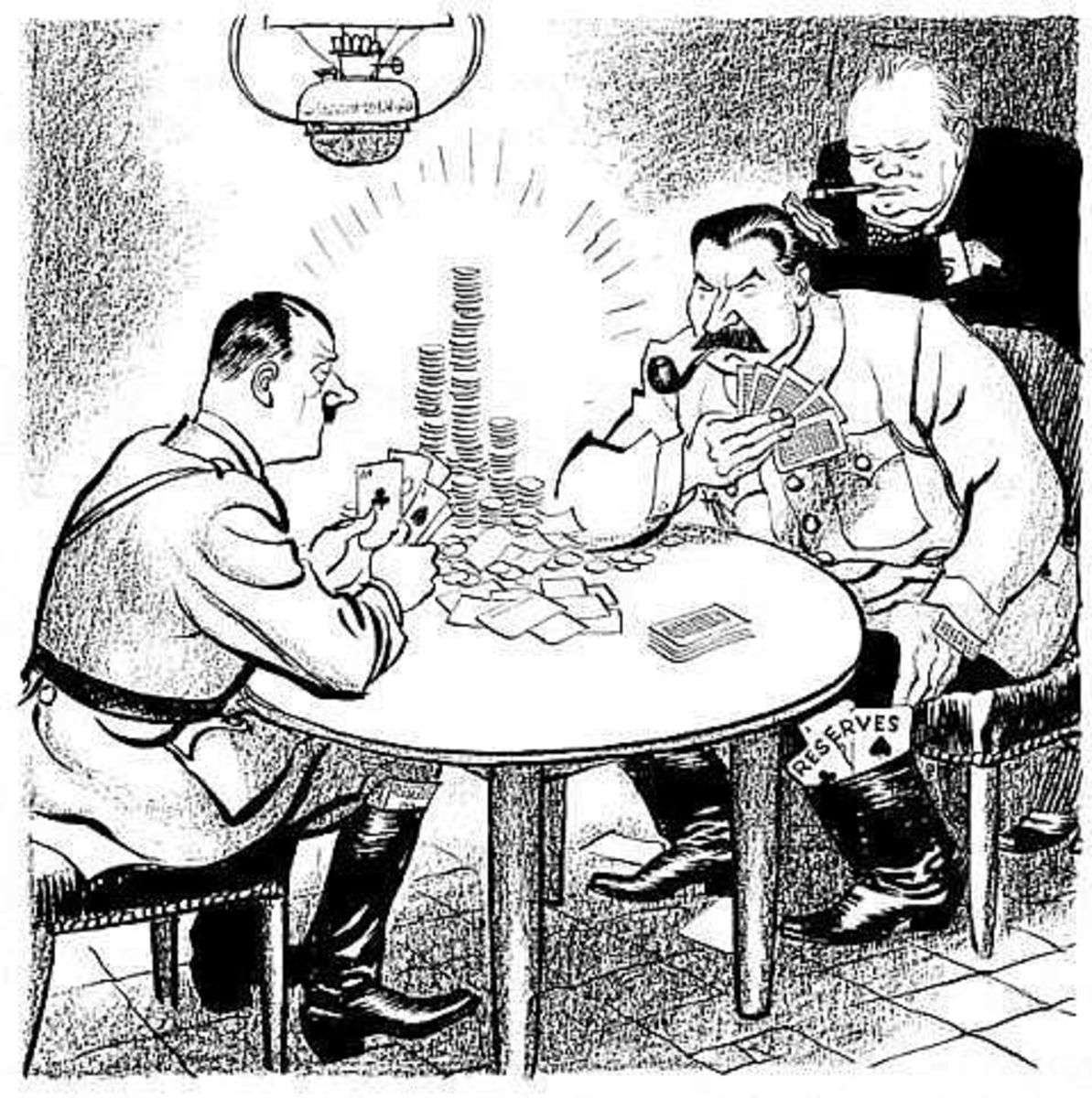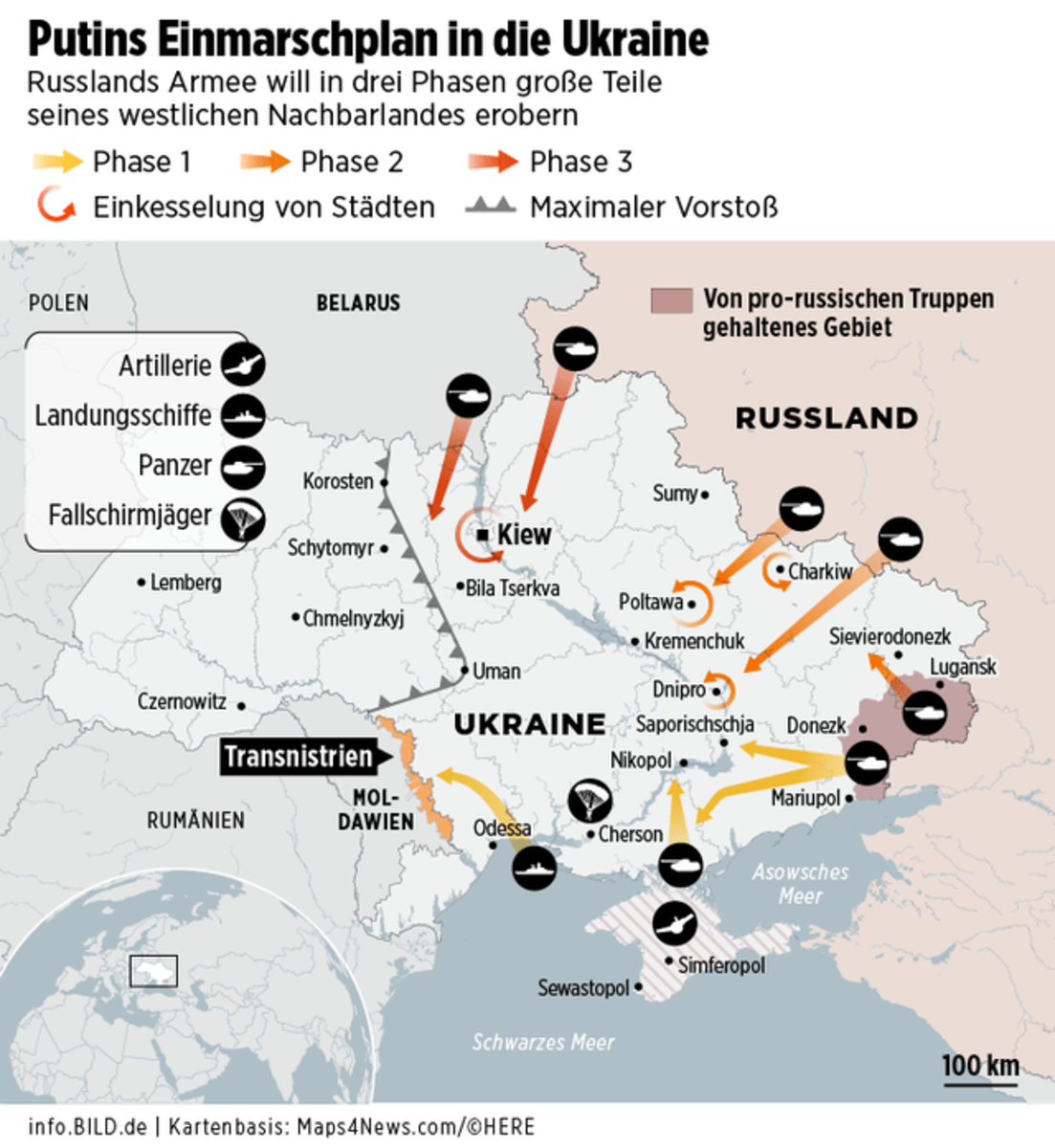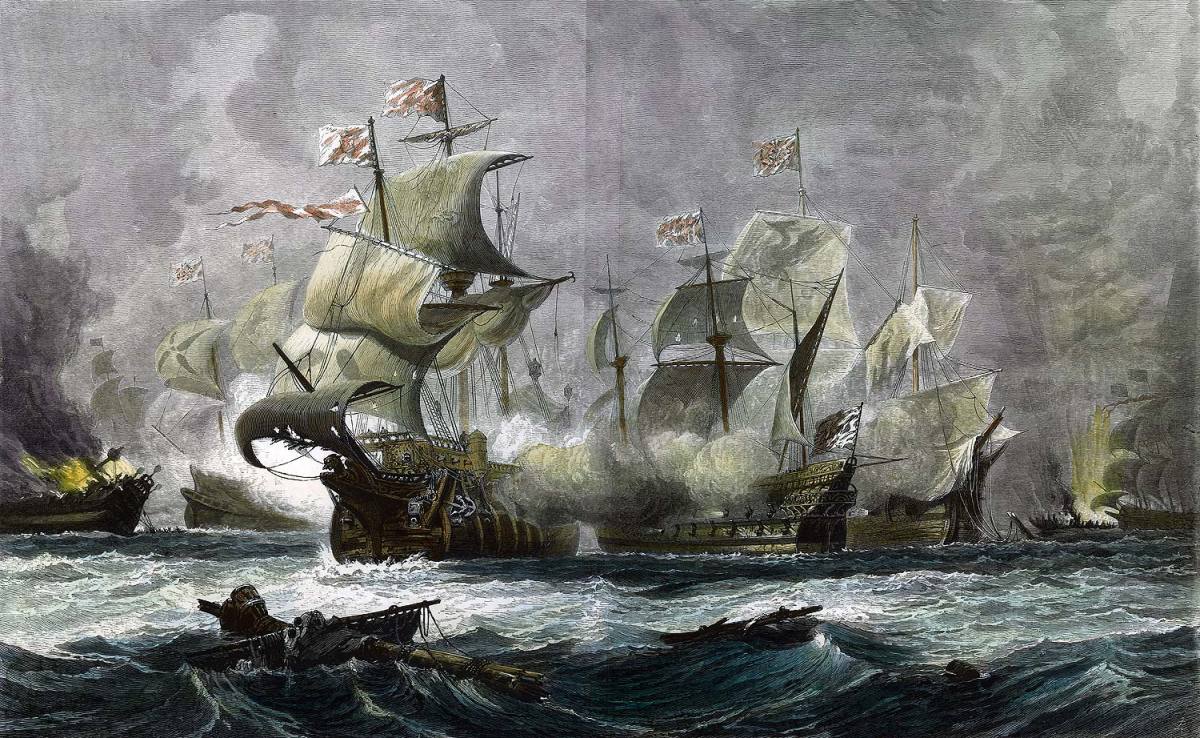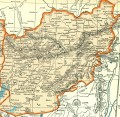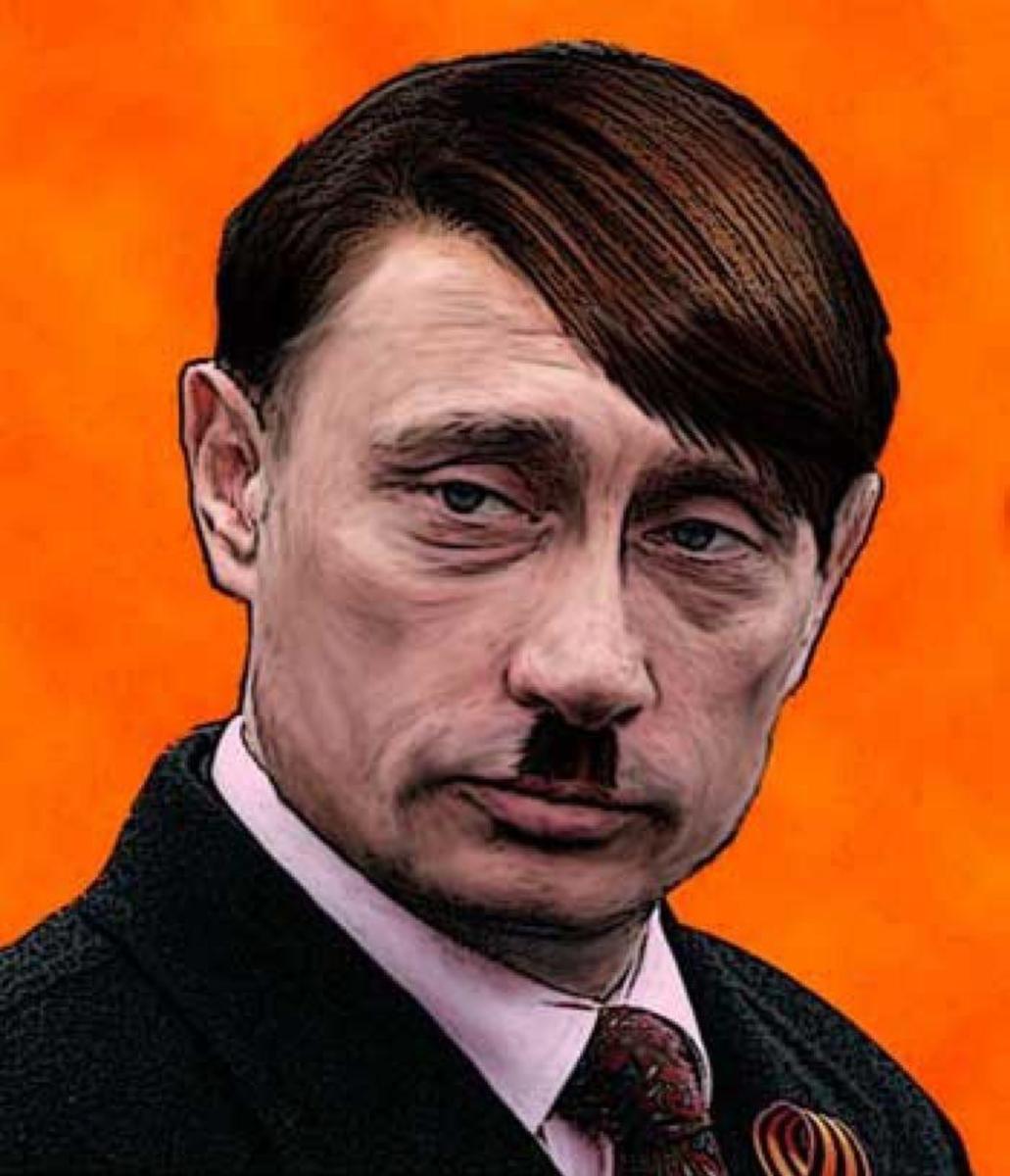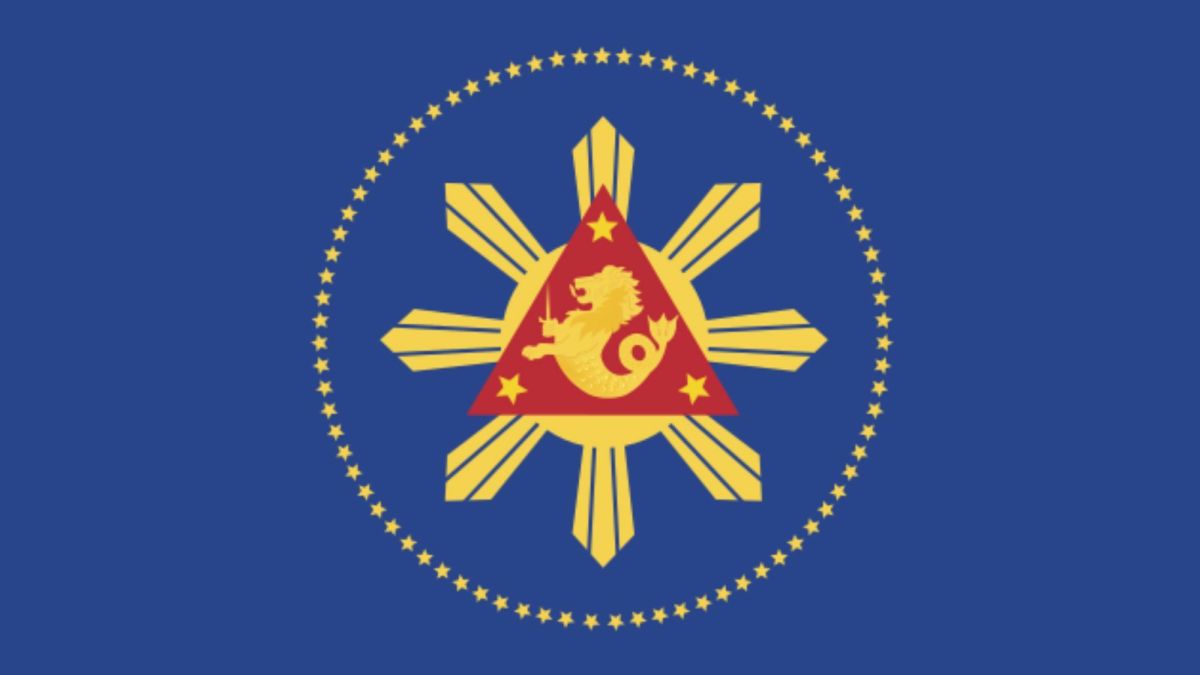The Historical Use of Afghanistan (1813 -1907)
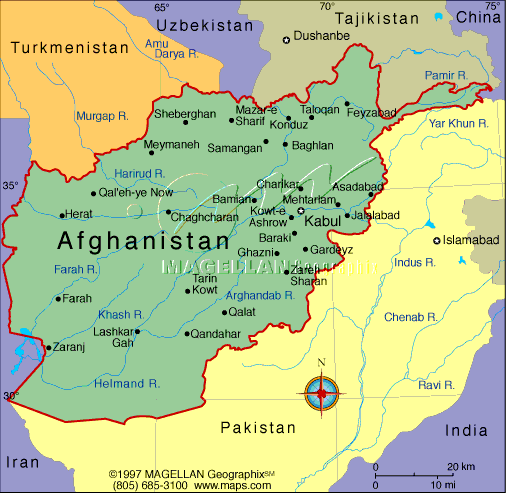
An Unimportant Piece of Ground
For thousands of years, Conquerors have used Afghanistan as no more than a 'rest stop'. Massive armies passed through Afghanistan, claimed ownership, then moved on to more desirable and important places.
Alexander the Great, Genghis Khan, Tamerlane, (among others) have all 'conquered' Afghanistan on their way to elsewhere. Armies marched through Afghanistan, claimed ownership and continued. There was no impact on the culture of the people who lived there.
No nation, (outside of the Soviet Union in the late 1980s) had influence over the Afghanistan, nor cared to. This is because Afghanistan was simply in the way.
It was automatically included in the portfolio as the Victorious Army continued on to where they were going.
During the 1800s, the political rivalry between the British and Russian Empires
was played out in Afghanistan.
Often called the Great Game , it was played from the signing of the Russo-Persian
Treaty of 1813 until the Anglo-Russian Convention of 1907.
It began when the Russian Empire began to expand into Central Asia. There were many semi-independent areas that had been conquered by Kublai Khan.
What Khan had done was create various tribes under their own little 'Khan' so that the country was made into bite sized pieces unable to unify and create a single army.
These small tribal areas could not defend against the Russian onslaught. Russian had no difficulty in conquering what they choose. Soon, most of Central Asia became part of the Russian empire.
The British watched Russia's expansion with alarm, pondering if it would Invade India. India was important to the British Empire, unlike Afghanistan which was not.
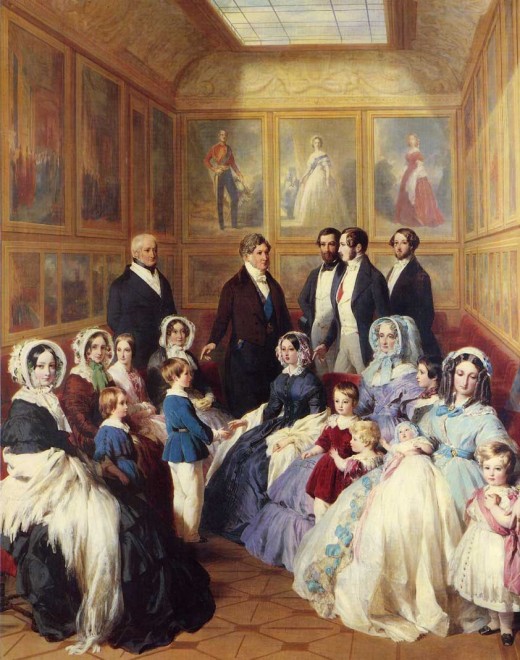
The First and Second Anglo-Afghan War
In 1838 the First Anglo-Afghan War began.
The British had installed a puppet regime in Kabul. Without British support it could not survive. Many Afghans were against this regime. After four years, British were attacked on the streets of Kabul and forced to leave the country.
The Russians now moved into Afghanistan.
In 1865 they annexed Tashkent, then Samarkand. The Russian Empire now extended to the Amu Darya river.
In 1878, Britain demanded the ruler of Afghanistan (Sher Ali) to accept a British diplomatic mission. As expected, he refused.
Forty Thousand British soldiers crossed the border, beginning the Second Anglo-Afghan War.
The war ended with a new puppet on the throne, and management of Afghanistan's foreign policies given to the British.
In 1884 the Russians seized the oasis of Merv and fought with Afghan troops over the oasis of Panjdeh.
The British considered the situation. They decided to accept the Russian conquests to avoid war. There was no Afghan say in the matter. The Brits and Russians divided up the area, delineating a permanent northern Afghan frontier at the Amu Darya.
Afghanistan lost much of its territory.
As the Twentieth Century approached, both Empires noted Germany's activity in the Middle East.
(It must be mentioned that these three nations were ruled by one family . Queen Victoria's son was the King of England, her eldest grandson, was German Emperor Wilhelm II, and Tsar Nicholas was the nephew of Alexandra, Queen consort of Edward VII.)
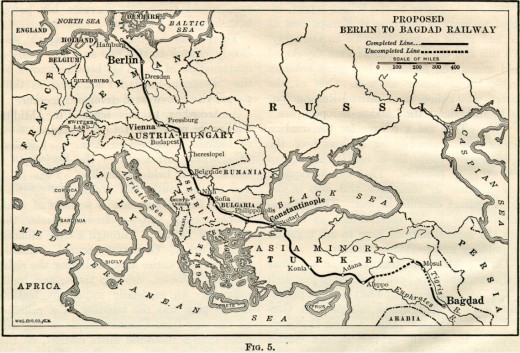
Close of the Classical Period
Germany, among other activities, was building the Baghdad Railway. This line would run from Berlin to Baghdad. This would open up Iraq and Iran to German trade and technology.
If that line went through, Germany had more than a foothold in the area.
Alexander Izvolsky (Russia) and Edward Grey (Britain) realised this. They determined how much power Germany would have if this trainline was permitted so ended their rivalry and jointly turned against the German incursion.
Russia agreed that it would conduct all political relations with Afghanistan through the British and the British would maintain the current borders. They decided that Persia would be divided into three zones: a British zone in the south, a Russian zone in the north, and a narrow neutral zone serving as buffer in between.
Afghanistan was just a blob of land in the area, nothing important. What the people of the region did, believed, wanted was insignificant.
A treaty was formulated and in 1907 the Anglo-Russian Convention which ended the classic period of the 'Great Game'.
Of course, the Game continues.

